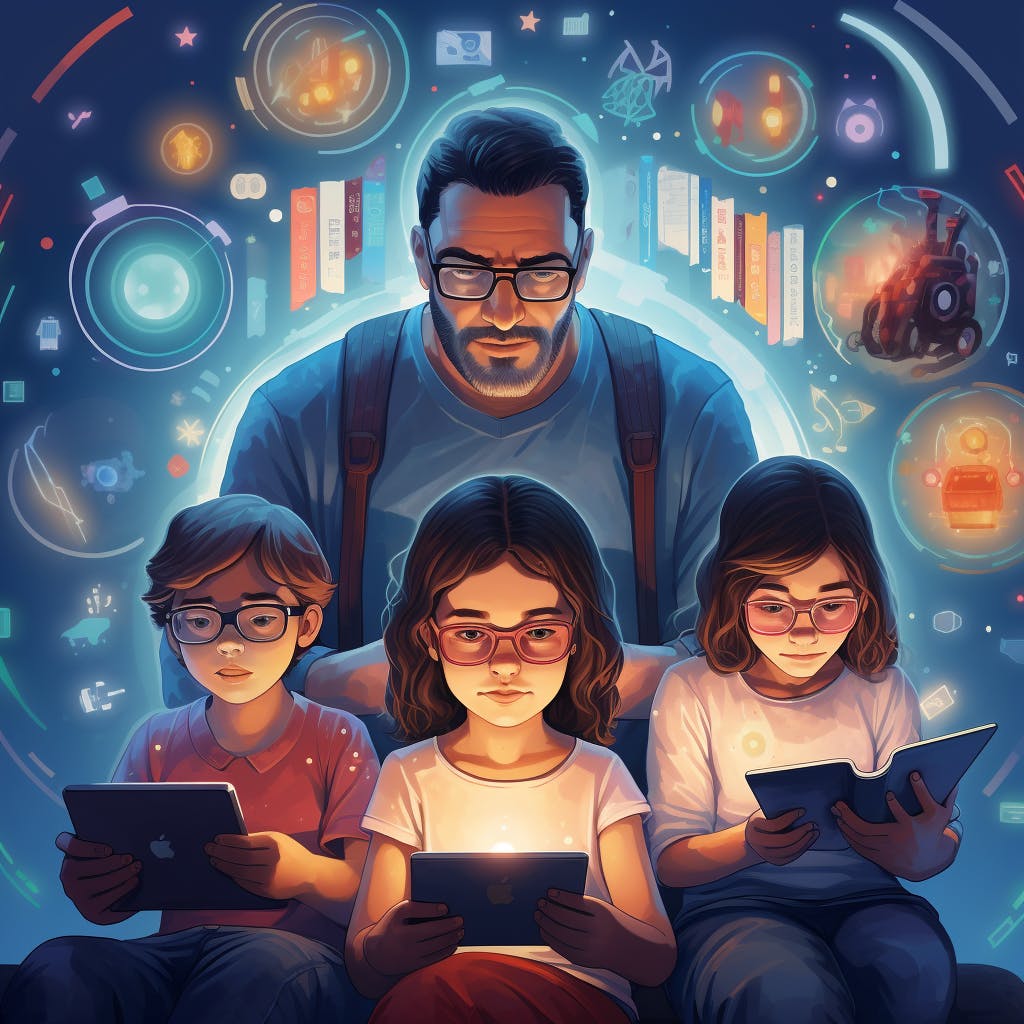Hey there! Have you ever noticed how children can transform an ordinary cardboard box into a spaceship soaring into the depths of outer space, or turn a pile of sticks into a magical kingdom with princes and princesses? It’s truly amazing how their imaginative minds can turn the simplest things into captivating adventures. Today, we’re going to explore the power of play and how it fosters creativity and imagination in children like you. Get ready to embark on a journey into the wonderful world of make-believe!
Key Takeaways
1. Play allows you to freely explore and use your imagination, unlocking endless possibilities of creativity.
2. By engaging in play, you develop problem-solving skills as you navigate through different scenarios and find innovative solutions.
3. Playtime fosters social interaction, helping you build friendships, communicate effectively, and develop empathy towards others.
4. Through play, you also learn how to regulate your emotions, manage stress, and build resilience, enhancing your overall well-being.
activities that foster creativity and imagination
There is something truly magical about watching children at play. They have an innate ability to immerse themselves in a world of make-believe, harnessing the power of their imagination to create new and exciting adventures. But play is not just a source of entertainment – it also plays a crucial role in fostering creativity and imagination in children.
Engaging in activities that encourage imaginative play can have a profound impact on a child’s cognitive development. Whether it’s building with blocks, dress-up games, or creating artwork, these activities help children develop problem-solving skills, think outside the box, and explore new possibilities. By allowing children to take the lead in their play, we give them the freedom to express their ideas and develop their own unique voice.
Imagination is a powerful tool that can shape the way children view the world around them. By presenting children with toys, games, and puzzles that require creative thinking, we are helping them build a mental toolkit that they can use throughout their lives. This toolkit includes skills like brainstorming, storytelling, and inventiveness, which are all essential for success in the rapidly changing world we live in. So let’s encourage our children to take a break from screens and engage in play that fosters creativity and imagination. After all, the power of play can truly change lives.
children to take initiative
Encouraging children to take initiative in their play not only fosters their creativity and imagination, but also empowers them with important life skills. When children are given the freedom to explore, experiment, and take charge of their own playtime, they develop a sense of autonomy and self-confidence. This can have a positive impact on various areas of their lives, from problem-solving abilities to social interactions.
By allowing children to take the lead in their play, we let them tap into their natural curiosity and imagination. Whether it’s building a fort out of cardboard boxes or creating a pretend restaurant with their toys, giving children the space to come up with their own ideas encourages independent thinking and problem-solving skills. It also helps them develop their creativity and think outside the box, as they learn to stretch their imagination and turn everyday objects into something extraordinary.
Moreover, taking initiative in playtime can be a great opportunity for children to develop their social and communication skills. When children initiate play with their peers, they not only practice taking turns and collaborating, but also learn how to effectively express their ideas and negotiate with others. These social interactions foster empathy, cooperation, and teamwork, which are valuable skills that children can carry with them into their adult lives.
By encouraging children to take initiative in their play, we are setting the stage for them to develop important life skills, such as autonomy, creativity, problem-solving, and social skills. As parents and caregivers, it is important to provide children with the time, space, and support they need to be the drivers of their own playtime. By doing so, we are nurturing their creativity and imagination, and empowering them to become confident, independent, and socially adept individuals.
materials to explore
The best tool for encouraging creativity and imagination in children is play, which offers children the opportunity to explore their surroundings, engage in imaginative play, and acquire problem-solving skills. Providing the right materials for children to explore can significantly enhance their play experiences and further stimulate their creativity.
Materials such as building blocks, art supplies, and pretend play props offer endless possibilities for children to express their creativity. Building blocks, for instance, allow children to construct their own structures and experiment with different designs. This not only helps them develop spatial awareness but also encourages them to think critically and problem solve. Similarly, art supplies like paints, clay, and markers enable children to freely express themselves and explore their creativity through various mediums.
Pretend play props, such as costumes and props, provide children with the opportunity to engage in imaginative play and role-playing. By assuming different characters and creating stories, children develop their communication skills, empathy, and problem-solving abilities. These materials also encourage collaboration and cooperation when children engage in pretend play scenarios with their peers.
By providing children with the right materials to explore, parents and educators can unlock the power of play in fostering creativity and imagination. Through play, children can imagine, create, and problem-solve, all while having fun. So let’s encourage and support their exploration, providing them with the necessary tools to unleash their creativity and develop important life skills.
the benefits of play
Play is not just a way for children to pass the time; it is a fundamental tool for fostering creativity and imagination. When children engage in play, they are given the opportunity to explore their surroundings, experiment with ideas, and make their own choices. Through play, children develop problem-solving skills and learn to think outside the box. It allows them to express themselves freely and discover their own passions and interests.
One of the benefits of play is that it encourages children to use their imagination. Whether they are pretending to be superheroes or building intricate castles out of blocks, play allows children to create their own worlds and stories. This imaginative play helps them develop important cognitive skills, such as abstract thinking and storytelling. It also helps them develop empathy as they engage in role-playing and understand different perspectives.
In addition to fostering creativity and imagination, play is also crucial for children’s social development. When children engage in play, they learn to negotiate, take turns, and cooperate with others. They develop essential social skills such as communication, problem-solving, and empathy. Play also provides an opportunity for children to build relationships and learn how to navigate conflicts in a safe and supportive environment.
The benefits of play are not limited to childhood; they extend into adulthood as well. Play can help reduce stress, boost productivity, and improve overall well-being. So, let’s encourage children to embrace the power of play and remember that it is not just a frivolous activity, but a vital part of their development.
Final Words
Children need play to foster creative thinking and imagination. Play is not just a frivolous activity; it is a vital component of childhood development. In a world where technology is omnipresent, it is essential to remember the power of play to cultivate creativity and imagination. By embracing playtime and encouraging children to engage their imaginations, we can unlock the potential for limitless possibilities. As parents, educators, and caregivers, we must prioritize carving out moments of unstructured play and provide opportunities for children to explore, create, and dream. Let us remember that the true magic lies in the world of make-believe, where creativity and imagination collide. So, let’s challenge ourselves to put down our screens and join our children in the realm of play, because through play, we can nurture young minds and inspire them to dream big and shape a brighter future.



